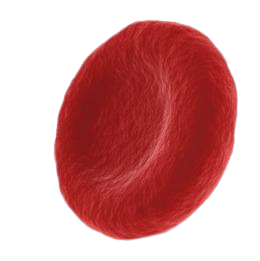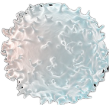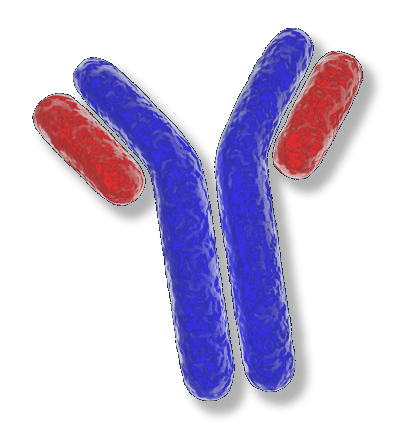
Welcome to BGMP 1.0
BGMP is a repository of human blood group gene mutations, phenotypic data, and immunity-related molecular information derived from the systematic curation of clinical datasets, genetic sequencing results, and literature-based research findings. Since its pioneering launch as BGMP 1.0 (2025), the database has become indispensable for transfusion medicine, clinical immunology, and precision healthcare research.
Here, we present BGMP 1.0 - a comprehensive initial release that integrates approximately 2,785 annotated variants spanning erythrocyte blood group systems, Human Neutrophil Antigens (HNAs), platelet antigens (including Human Platelet Antigens (HPAs) and CD36 variants), and immunoglobulin allotypes across diverse genetic and clinical datasets. This integration unifies multi-dimensional blood group and immunity-associated data under a standardized framework, addressing critical gaps in existing repositories that focus on single systems. BGMP 1.0 features the integration and visualization of allele profiles, phenotype-frequency correlations, and mutation type distributions, as well as support for allele mapping, functional prediction, and data submission (with dual validation through automated checks and manual curation). This reflects critical advances in blood group immunogenetics and demonstrates its established utility in ensuring clinical transfusion safety and discovering biomarkers for immune-related diseases.
Overview
|
10 carbohydrate-based systems (histoblood group systems)
38 protein-based systems
|
|
 Feedback
Feedback
Release Notes&News
- BGMP: a comprehensive database of human blood group gene mutations and phenotypes, published in Journal of the Formosan Medical Association. [May 24, 2025] [Full Text]
- BGMP database has been officially released as version 1.0 and is publicly accessible. [December-2024][Version 1.0]
- Data from 125 relevant studies retrieved from PubMed, as well as resources from ISBT, BGMUT, Erythrogene and Versit-HPA databases, have been standardized and integrated into BGMP 1.0. [September-2024]




 Submit Data
Submit Data
